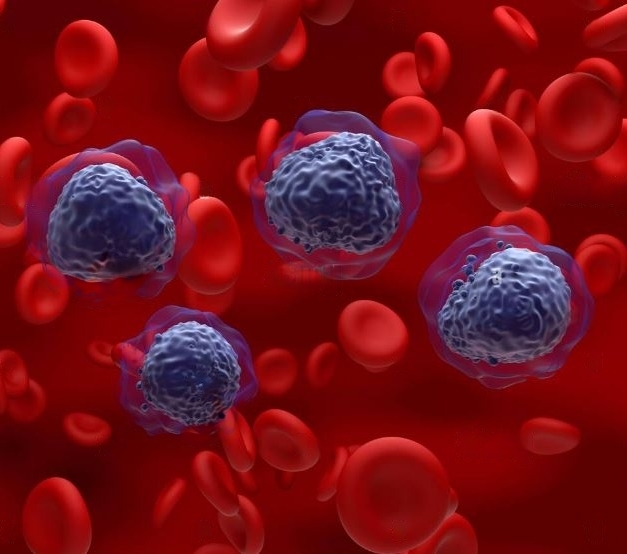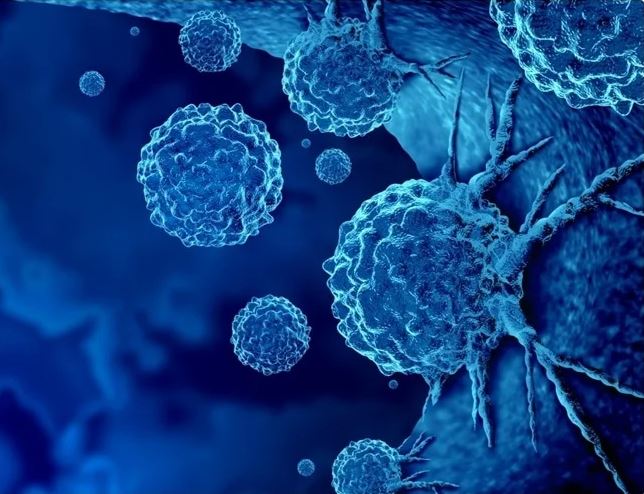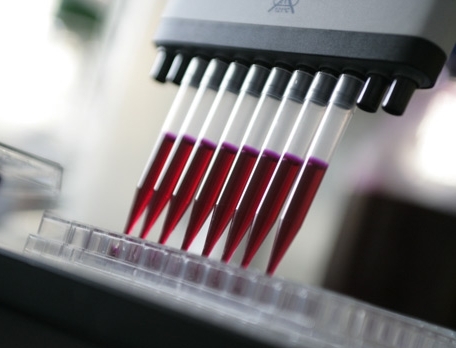Cancer Blood Tests
Any treating physician and oncologist find it crucial to obtain timely results to choose the most appropriate treatment strategy. This applies to investigations necessary for patients with oncological diseases as well. For such purposes, SIA Santa Monica offers various types of examinations suitable even for severe cases of oncological diseases, helping to assess the nature of the tumor and evaluate the sensitivity of cancer cells to chemotherapy or natural biopharmaceutical drugs. This will facilitate and streamline the work of any doctor and provide useful information about the disease and the most appropriate therapy.
The main goal of this diagnostic laboratory is to perform examinations tailored to the specific patient’s illness, helping to select the most effective treatment method. It provides useful information to both the patient and their doctor to find a solution for the future treatment strategy. Extensive capabilities, according to clinical wishes, ensure and conduct studies that will allow testing the effectiveness of new therapeutic agents using innovative technologies.
Just as each patient is unique, so is each tumor in a patient’s body different, with its characteristic molecular composition, behavior, and impact on other tissues, immune cells, and the body as a whole.
The more precise information available about the specific tumor, the better the results after adequately tailored therapy.

Circulating tumor cell (CTC) diagnostics
Circulating tumor cell (CTC) diagnostics involves analyzing cells that have detached from the primary tumor and entered the bloodstream. This non-invasive diagnostic method is useful for precisely determining the origin of the tumor cells, their degree of malignancy, recurrence rate, and assessing the most effective treatment options based on their sensitivity to specific chemotherapy and other biologically active drugs.
These examinations are suitable for diagnosing various types of cancers, including metastatic, breast, colorectal, and prostate cancer. A specific method, such as the PCR test, has been developed and approved for the quantitative determination of epithelial cell carcinoma.
The Differential Chemotherapy/Biotherapeutic Agents Sensitivity Test
Given that each tumor has its unique impact on the body, growth characteristics, and metastatic tendencies, doctors often find it challenging to predict which chemotherapy or biotherapeutic drugs will be effective in a particular case. For this purpose, the laboratory offers several useful tests to determine which of the many chemotherapy or biological drugs to choose to achieve the best results.
For such purposes, Santa Monica recommends performing the ATP-TCA (tumor chemosensitivity assay) test ex vivo, which allows to precisely assess the effectiveness of the intended treatment. This method involves examining tumor cells isolated from tumor tissues or blood to determine how well they survive in the presence of specific therapeutic agents (cytotoxic and biotherapeutic agents, as well as both in combination). This allows determining the extent to which tumor cells are damaged in the background of therapy.
After conducting the test, the laboratory provides a report to the patient and the treating physician regarding the medications and biotherapeutic agents that potentially provide the greatest effect. The developed test allows testing the effectiveness of more than 40 different chemotherapy drugs and 20 biotherapeutic agents.
To perform the examinations, it is necessary to submit a blood sample or tumor tissue biopsy material.
Results will be available within 7 working days.

OmniThera Expression Profiller

This is a gene expression test analysis that allows laboratory determination of the activity of more than 20,000 human genes simultaneously using the qualitative polymerase chain reaction method and specifies their immunohistochemical properties, which are crucial in the pathogenesis of oncological diseases. These tests provide information on the immunological properties of tumors, sensitivity to various chemotherapy drugs, and biotherapeutic agents. This, in turn, opens up new opportunities for oncologists to make decisions about targeted oncological disease treatment.
- A tissue biopsy sample is required for examination;
- Test results are expected within 14 working days.
OmniThera Panomics Profiler

This is a comprehensive, extensive set of tumor molecular genetic tests that simultaneously allow the specification of the enhanced activity of many human genes and oncogenes, as well as determine tumor suppressor genes. They include a full RNA transcript analysis and the most important gene immunohistochemical analysis. These examinations also allow the determination of tumor tissue mutagenic activity and analyze its histochimical properties.
- Tissue biopsy material, ascites, or pleural puncture is sent for analysis;
- Test results are available after 14 working days.
